Mushrooms are more than just a tasty ingredient—they’re a powerhouse of nutrition and wellness. Growing your own mushrooms at home is easier than you might think, and it allows you to enjoy fresh, organic fungi with amazing health benefits.
From shiitake to oyster mushrooms, each variety offers unique flavors and medicinal properties, such as boosting immunity or supporting digestion. Plus, cultivating mushrooms requires minimal space and can be a rewarding addition to any home garden or kitchen.
In this article, explore 8 mushrooms you can grow at home for food and health benefits—and learn simple tips to get started on your own mushroom-growing adventure.
Shiitake Mushrooms
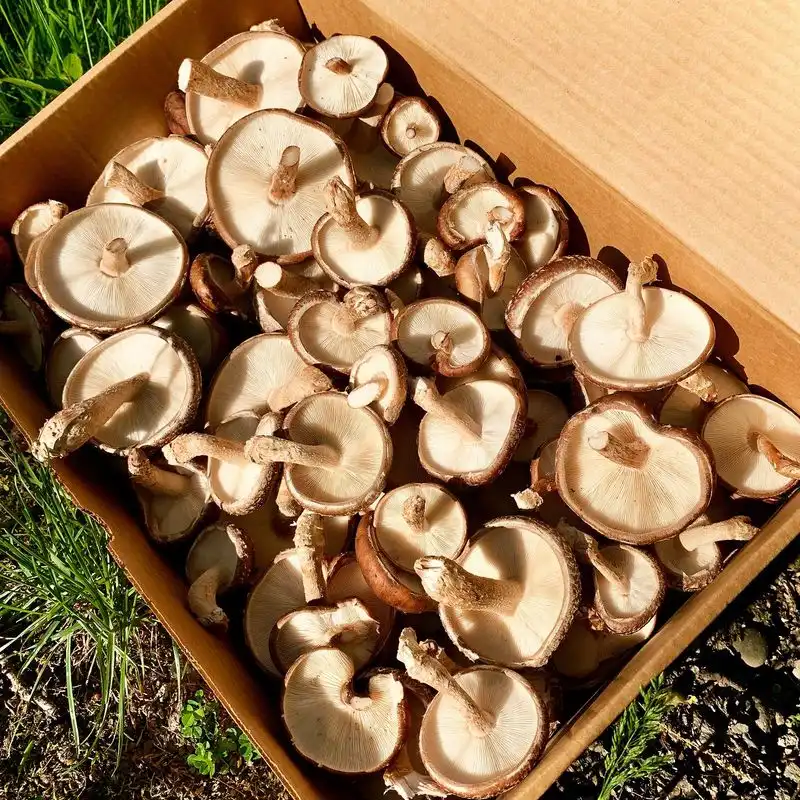
Beloved for their rich, savory flavor, shiitake mushrooms elevate any dish. Originating from East Asia, they have been used for centuries in traditional medicine. These mushrooms are a powerhouse of nutrients, including vitamin D and B vitamins. Growing shiitakes at home requires patience, as they thrive in hardwood logs or pre-made kits. The process is rewarding, yielding plump, flavorful caps. Perfect for stir-fries or broths, their umami taste enhances various cuisines. Looking to boost your immune system? Shiitakes are known for their immune-boosting properties, making them not just a culinary delight but a health ally.
Oyster Mushrooms
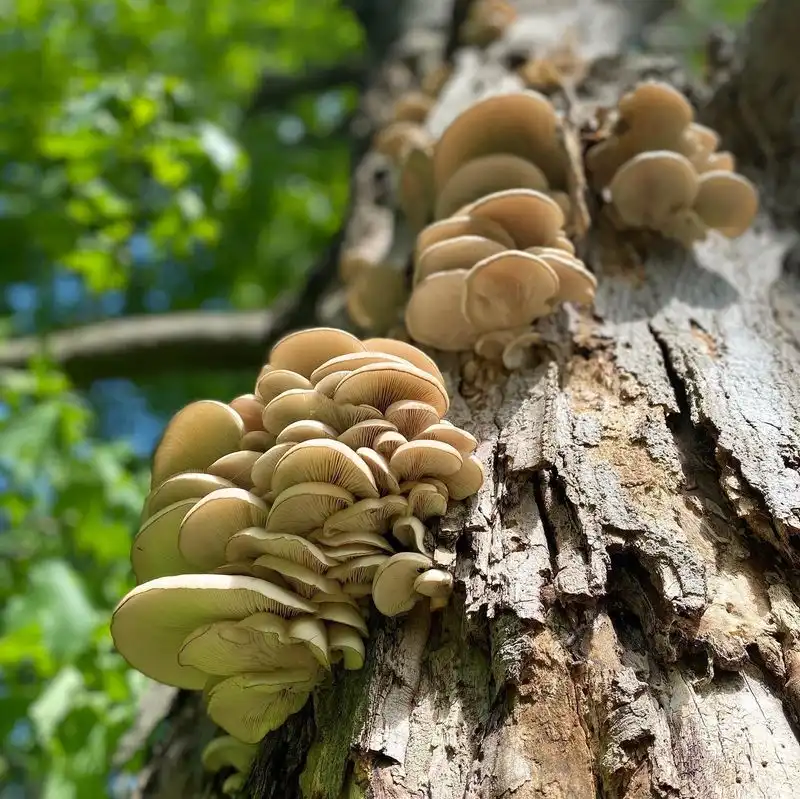
With their delicate, fan-shaped caps, oyster mushrooms are not only visually appealing but also versatile in the kitchen. Widely recognized for their mild flavor and tender texture, they adapt well to sautéing, grilling, or even raw in salads. Cultivating them at home is surprisingly simple, often requiring just straw or coffee grounds. Quick-growing and resilient, they’re an ideal choice for beginners. Beyond taste, oyster mushrooms are celebrated for their heart health benefits, as they help lower cholesterol levels. Their graceful appearance and health perks make them a must-have in any home garden.
Lion’s Mane Mushrooms
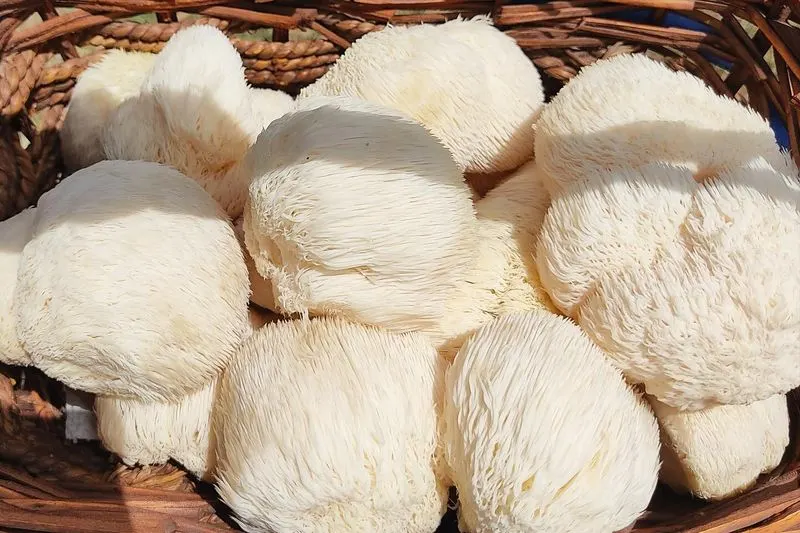
Lion’s mane mushrooms captivate with their unique appearance, resembling white, fluffy pom-poms. Known for their potential cognitive benefits, these mushrooms are a favorite among those seeking brain health support. Cultivating them requires a bit of care, as they prefer a humidity-controlled environment. Their mild, seafood-like flavor pairs well with various dishes, offering a delightful texture. Studies suggest they might support nerve health and memory function, making them more than just an exotic ingredient. Growing lion’s mane at home not only enhances culinary adventures but also contributes to a well-rounded wellness routine.
Button Mushrooms
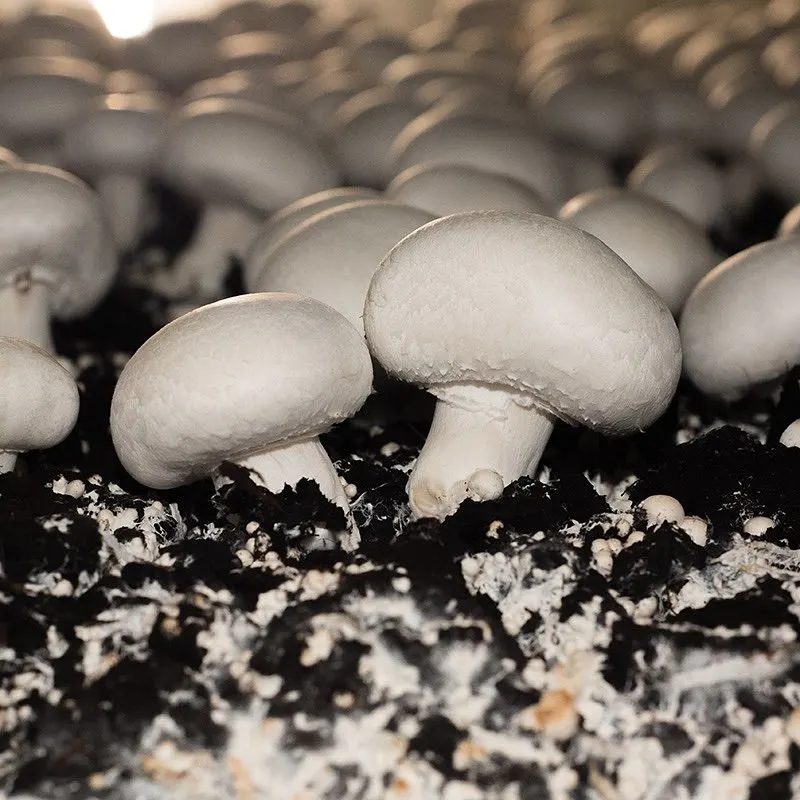
Button mushrooms are the quintessential fungi, found in kitchens worldwide. Their mild flavor and firm texture make them a staple in countless recipes. Easy to grow at home, they require little more than a dark, cool space and some compost. These mushrooms are not just culinary staples; they’re also packed with antioxidants. Their simplicity in cultivation and versatility in dishes, from soups to pizzas, make them an ideal starter mushroom for home cultivators. Plus, their neutral taste allows them to blend seamlessly into various cuisines, providing both flavor and nutritional value.
Portobello Mushrooms
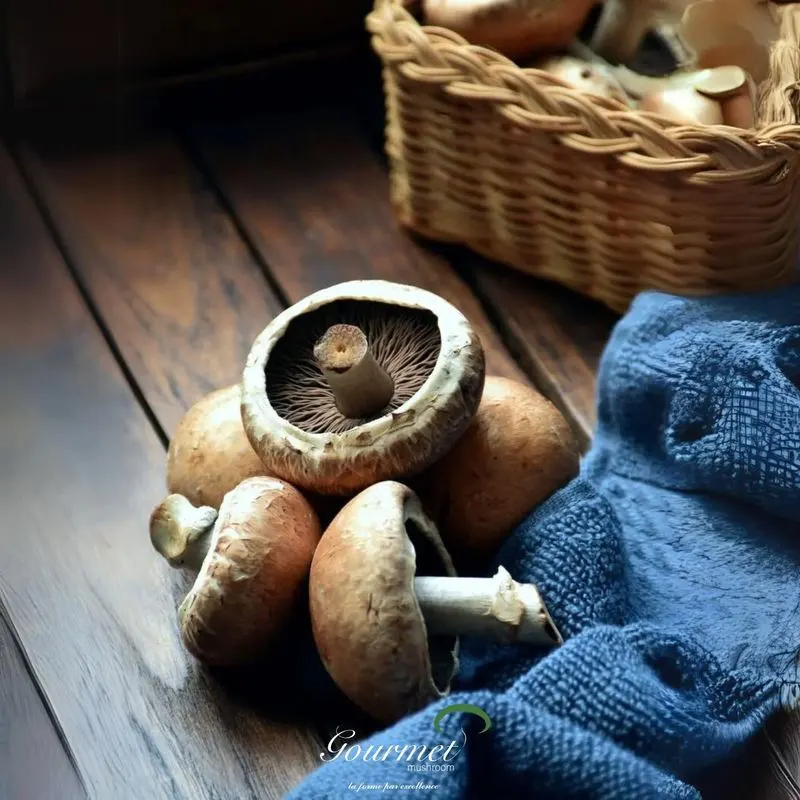
Portobello mushrooms are appreciated for their meaty texture, making them a popular meat substitute in vegetarian dishes. Their large, open caps are perfect for grilling or stuffing, offering a hearty bite. Growing portobellos at home can be done using kits or compost, requiring minimal effort. They thrive in a slightly cooler environment. Besides their culinary versatility, portobellos are a good source of potassium and fiber. Their robust flavor and satisfying texture add a gourmet touch to any meal, appealing to both vegetarians and meat-lovers alike.
Enoki Mushrooms
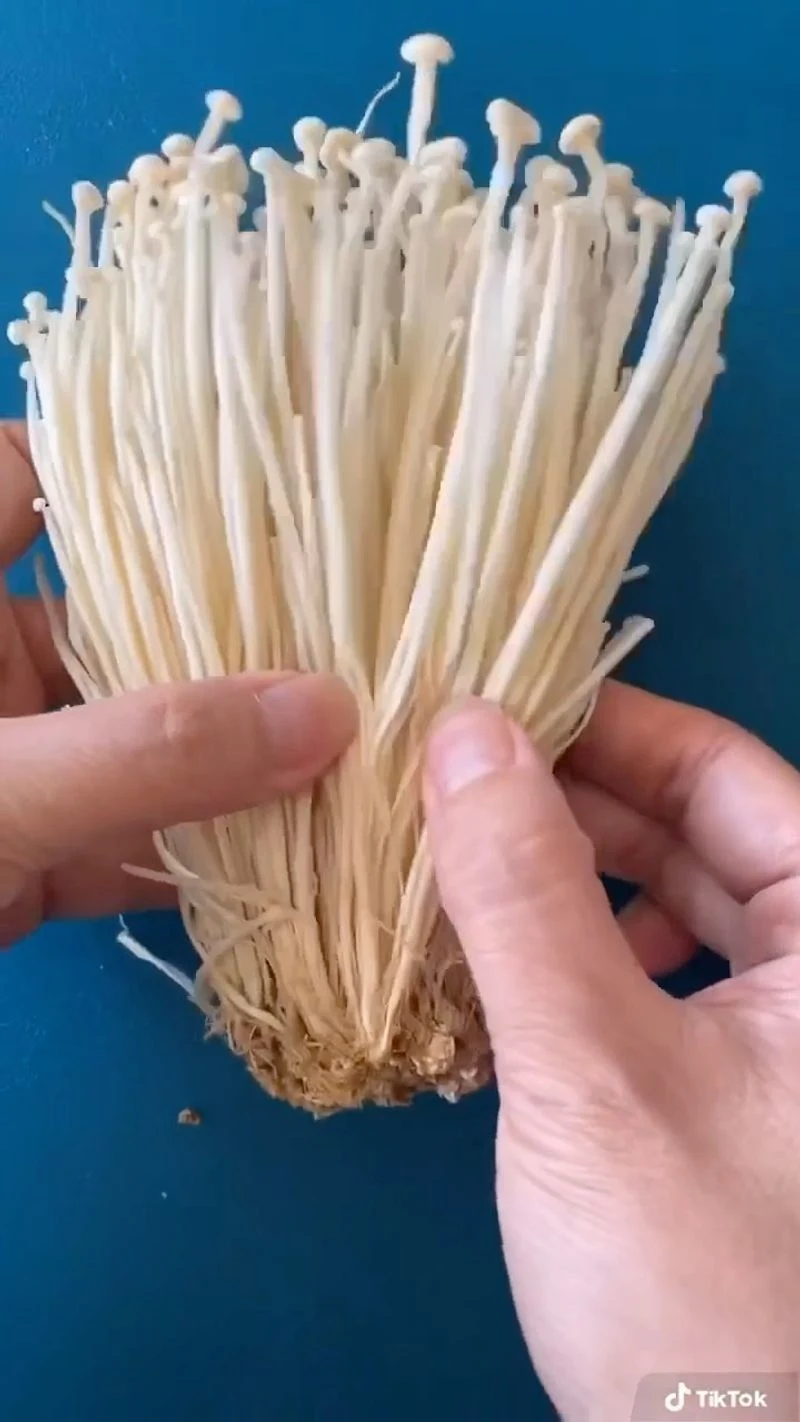
Enoki mushrooms stand out with their long, thin stems and small caps, offering a crunchy texture. Common in Asian cuisines, they add a crisp contrast to soups and salads. Cultivating enokis requires a cooler environment and humidity control, but they grow swiftly. High in antioxidants and dietary fiber, they support immunity and digestion. Their unique appearance makes them an intriguing addition to home gardens. Whether in hot pots or as a garnish, enoki mushrooms provide both aesthetic appeal and health benefits, making them a delightful choice for home growers.
Reishi Mushrooms
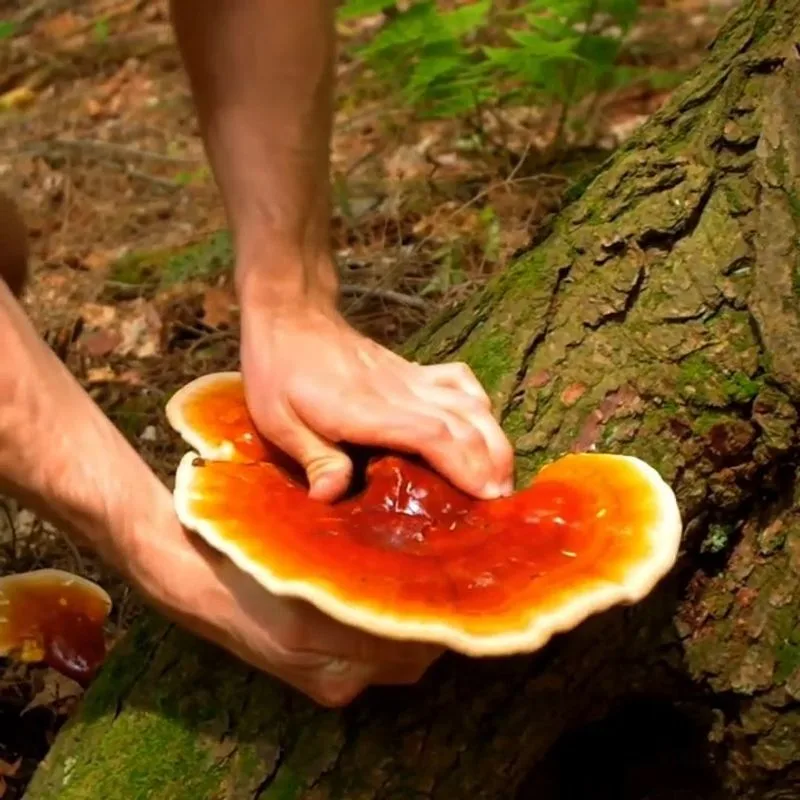
Known as the “mushroom of immortality,” reishi has been used in traditional medicine for centuries. Its bitter taste and woody texture make it less common in culinary uses but valuable for its medicinal properties. Growing reishi at home involves using hardwood logs or sawdust. They thrive in humid conditions, and while not the easiest to cultivate, the health benefits are worth the effort. Reishi is revered for supporting the immune system, reducing stress, and promoting longevity. Their historical significance and health virtues make them a fascinating addition to any indoor garden.
Maitake Mushrooms
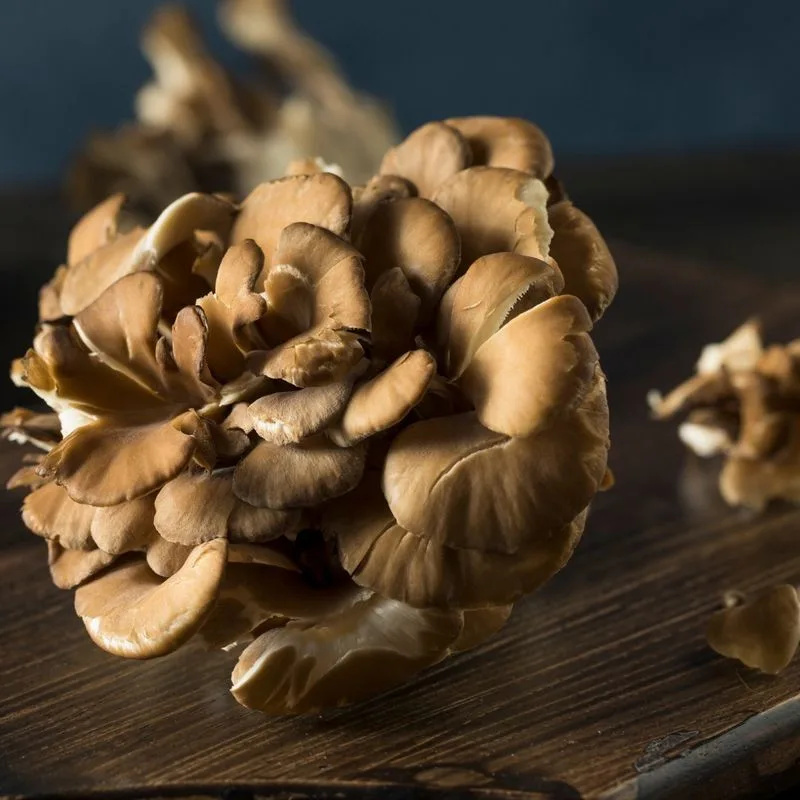
Maitake mushrooms, or “hen of the woods,” are celebrated for their rich, earthy flavor and health benefits. Found naturally at the base of trees, they can be grown at home using sawdust or logs. Known for supporting immune health and balancing blood sugar, maitakes are a nutritious powerhouse. Their feathery, layered appearance is not only visually stunning but also adds texture to dishes. Sautéed or in soups, they bring a depth of flavor. Cultivating maitakes allows for a rewarding experience, providing both culinary delight and wellness benefits.

